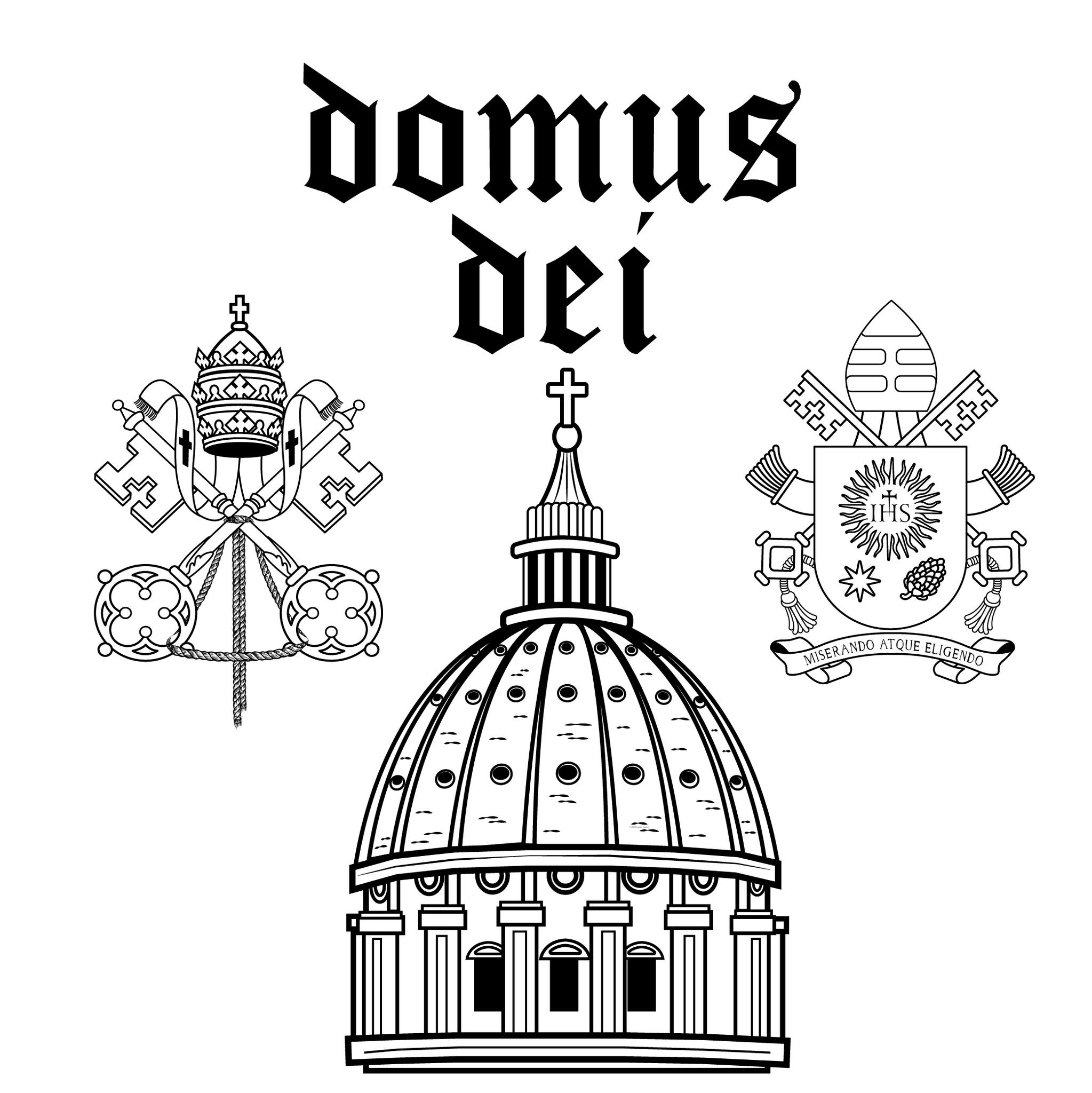“To be a Catholic in China is to carry the cross in full view of the state — and now, with Rome’s approval.”
A Church in Chains: The Rise of Persecution
The Catholic Church in China has suffered one of the longest and most sustained persecutions of modern times. After the Communist Revolution in 1949, Mao Zedong’s regime declared war on religion. Christianity, in particular, was branded a tool of Western imperialism, and all foreign missionaries were expelled. In 1957, the Chinese Communist Party (CCP) created the Chinese Patriotic Catholic Association (CPCA) — a state-run “church” that would no longer answer to Rome, but to Beijing.
Faithful Catholics who refused to bow to the CPCA and remained loyal to the Pope formed the Underground Church, a network of clandestine priests, bishops, and laypeople who risked imprisonment, torture, and death to preserve the unbroken lineage of Catholic fidelity.
The Suffering of Cardinal Ignatius Kung
One of the brightest beacons in this dark era was Cardinal Ignatius Kung Pin-Mei, the Bishop of Shanghai. In 1955, Kung was arrested along with hundreds of clergy and lay Catholics. In a dramatic moment before his imprisonment, he shouted: “Long live Christ the King! Long live the Pope!” — an act of defiance that would cost him nearly 30 years in prison, much of it in solitary confinement.
In 1979, he was released but placed under house arrest. Pope John Paul II secretly created him a cardinal in pectore (in the heart) in 1979, a gesture of solidarity with persecuted Catholics in China. His status as a cardinal was revealed only in 1991.
The Underground Church: A Testament of Loyalty
Generations of Chinese Catholics followed in Kung’s footsteps, attending illegal Masses in homes, barns, and forests. Underground bishops were secretly ordained with Vatican approval, operating in fear of arrest at any moment. Despite the threat, these faithful clung to Rome — to Peter — as the source of their spiritual authority and hope.
For decades, the Vatican held firm, refusing to recognize the CPCA’s illicit bishops and honoring only the Underground Church. The suffering Church in China took heart: their fidelity was not in vain.
Rome’s Deal with Beijing: A Tragic Turning Point
That changed in 2018, under Pope Francis and Secretary of State Cardinal Pietro Parolin, when the Vatican signed a secret agreement with the CCP, granting the regime a role in the appointment of bishops. While the text of the agreement remains unpublished, it is widely understood that the Vatican agreed to recognize several previously excommunicated CPCA bishops — men appointed without papal approval — while urging Underground bishops to step aside or reconcile with the state.
This move stunned many Catholics. Cardinal Joseph Zen, the retired Bishop of Hong Kong and an outspoken critic of the deal, called it a “betrayal of the underground Church”. In his own words: “They are delivering the whole administration of the Church into the hands of the so-called Patriotic Association, which is just a puppet in the hands of the Communist regime.”
A People Betrayed
Faithful Chinese Catholics — those who had suffered beatings, surveillance, and long imprisonment for their loyalty to Rome — now found themselves told to submit to the very same apparatus they had resisted for decades.
In 2022, Cardinal Zen himself was arrested under Hong Kong’s new security laws. He stood trial for his role in supporting humanitarian funds for protestors — a stark reminder of how far the CCP’s reach has extended and how little protection the Vatican was willing to offer one of its own cardinals.
Many Underground bishops have since disappeared, been coerced into retirement, or forced into silence. Reports of demolished churches, destroyed crosses, and party propaganda being inserted into liturgy continue to surface.
The Silence from Rome
Pope Francis has remained largely silent on these human rights abuses. When asked about Cardinal Zen’s arrest, the Pope deflected and avoided direct criticism of China. This silence has not gone unnoticed.
Even outside observers, such as Samuel Gregg of the Acton Institute, noted:
“The Holy See’s agreement with Beijing has yielded no fruit but confusion, division, and repression.”
A Call to Conscience
To this day, the Underground Church remains — battered but not broken. Catholics gather in hiding, still praying in Latin, still professing their allegiance to Christ and His Vicar. But they do so with hearts heavy from betrayal. They expected their enemies to persecute them — but not their shepherds to abandon them.
“Where is Peter?” they ask.
“Has he handed us over?”
References & Further Reading:
- Cardinal Kung Foundation
- Zen, Joseph. For Love of My People I Will Not Remain Silent (Ignatius Press, 2019)
- Allen, John L. The Global War on Christians (Image Books, 2013)
- “Vatican signs historic agreement with China” – BBC News, Sept. 22, 2018
- “Cardinal Zen arrested in Hong Kong” – The Guardian, May 11, 2022
- Gregg, Samuel. “The Vatican’s China Mistake” – Catholic World Report
